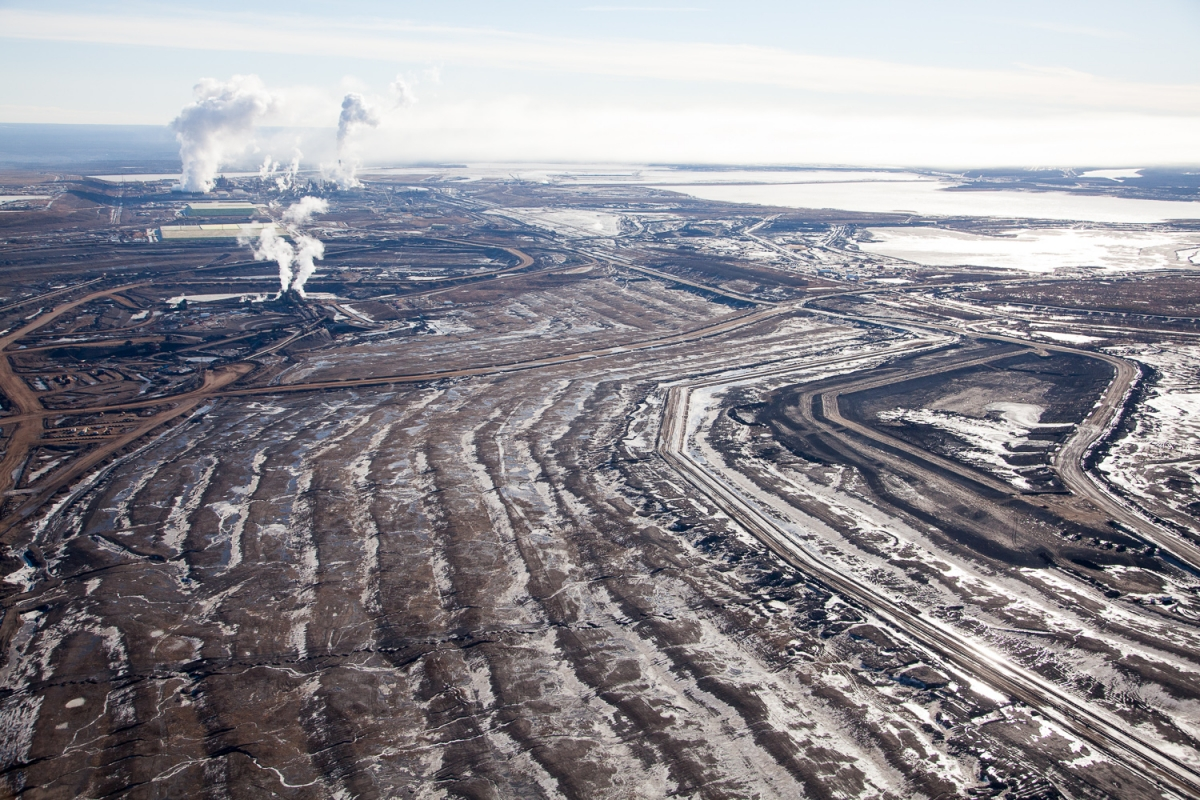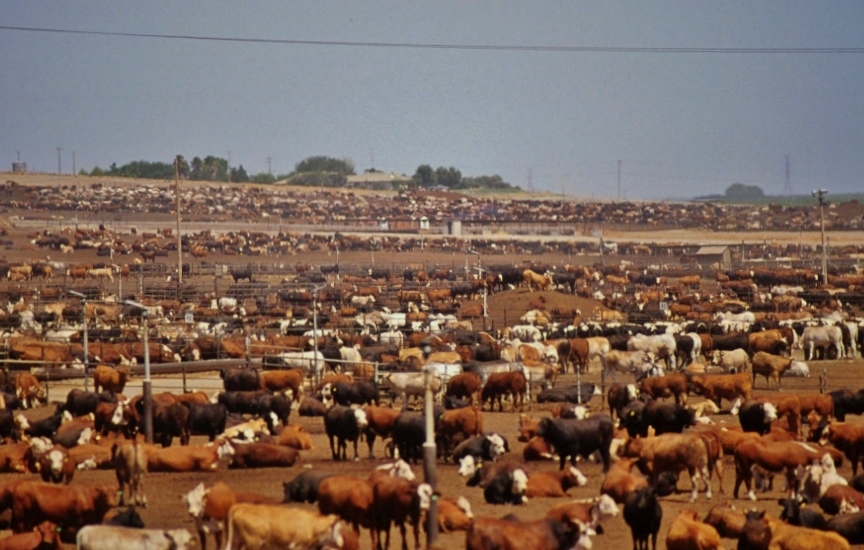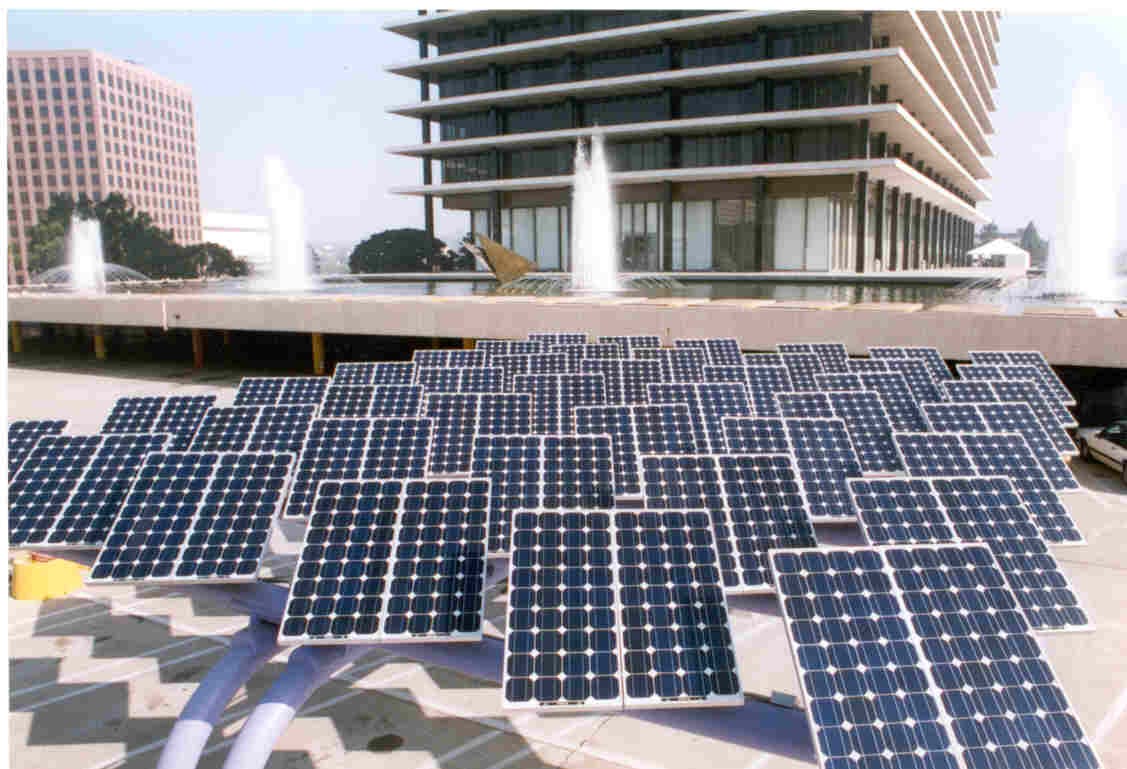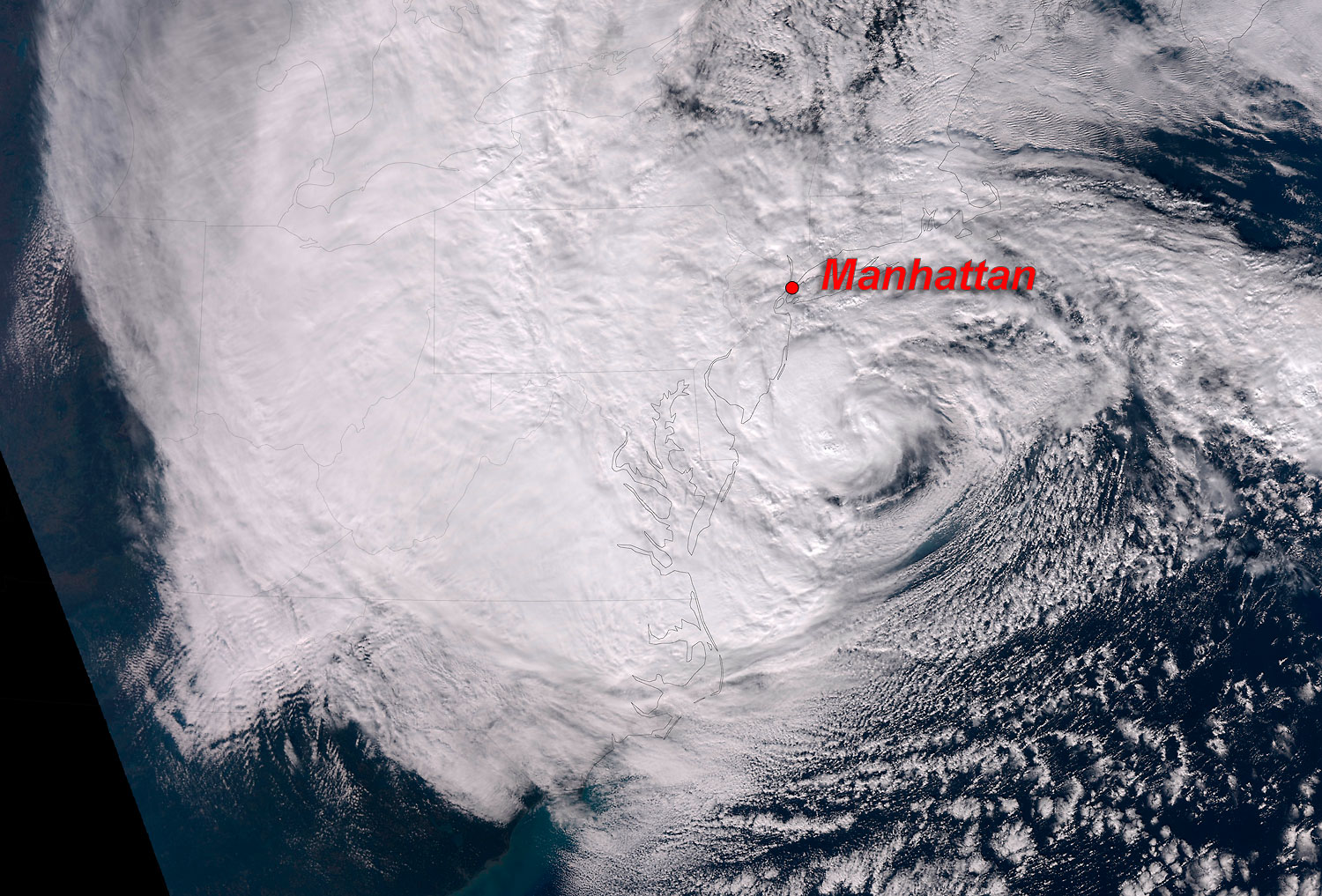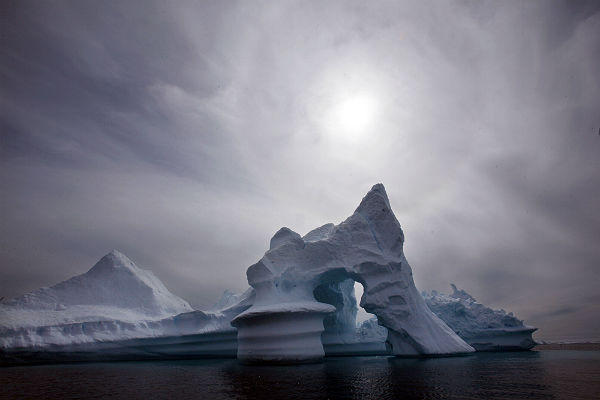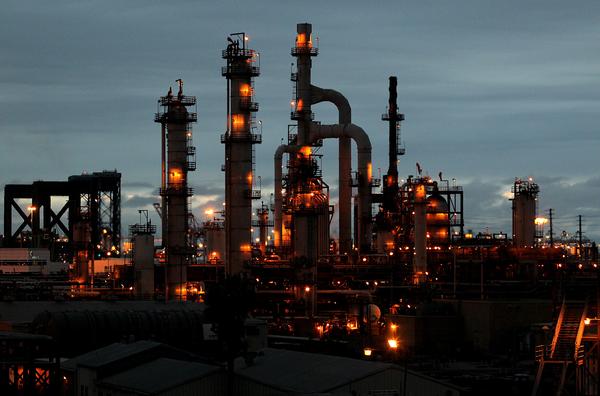Is a 100% clean, renewable energy future by the year 2050 possible? On EcoJustice Radio, Stanford Professor Mark Z. Jacobson went into the details on why the most efficient and socially and environmentally just way is to transition away from fossil fuels and nuclear to Wind, Water, and Solar energy solutions.
Tag: greenhouse gases
Post-Apocalyptic Destruction of the Tar Sands: Alberta from Above
With the Keystone XL and Line 3 pipelines threatening to inundate the Earth with the dirtiest oil known to humanity, we survey a bird’s-eye view of the post-apocalyptic tar sands oil sacrifice zones in Alberta, Canada, by photographer Alex MacLean.
Cowspiracy: Animal Agriculture Despoils Land, Water and Climate
A recent documentary, Cowspiracy: The Sustainability Secret, advocates leading environmental organizations must address animal agriculture’s massive impacts to forests, water sustainability, and climate change. Also watch Howard Lyman’s documentary, Mad Cowboy.
Clean Energy: LA Councilman Pledges Serious Greenhouse Gas Cuts
L.A. City Councilman Paul Koretz wants the city to set new, higher goals for reducing greenhouse gas emissions, that would slash citywide emissions 80% from 1990 levels by 2050.
Political Science vs. Science Science – By Peter Nichols
Peter Nichols: My generation is being condemned to a planet beyond fixing because political science takes precedence over science science. If world governments don’t come together and act in concert to do something to stabilize the climate, and soon, we will make sure they are no longer governments.
Climate Disruption: Arctic Death Spiral Underway
Ice is melting in the Arctic at one of the fastest rates in human history. Researchers and climate scientists monitoring ice melt in the Arctic have started using the ominous term “death spiral” to describe what’s happening at the top of the world.
Valero Moves to Ship Tar Sands By Rail into LA Harbor
Valero Energy seeks permits for large-scale shipments of low-quality tar sands oil via rail into their Port of Los Angeles refinery, without any public comment or environmental review. As part of a larger move to transport climate-disrupting unconventional crude to ports for refining and export to the world, it presents dangers given recent rail accidents, the corrosive nature of tar sands bitumen, and the significant pollution that surrounding communities already live with.


